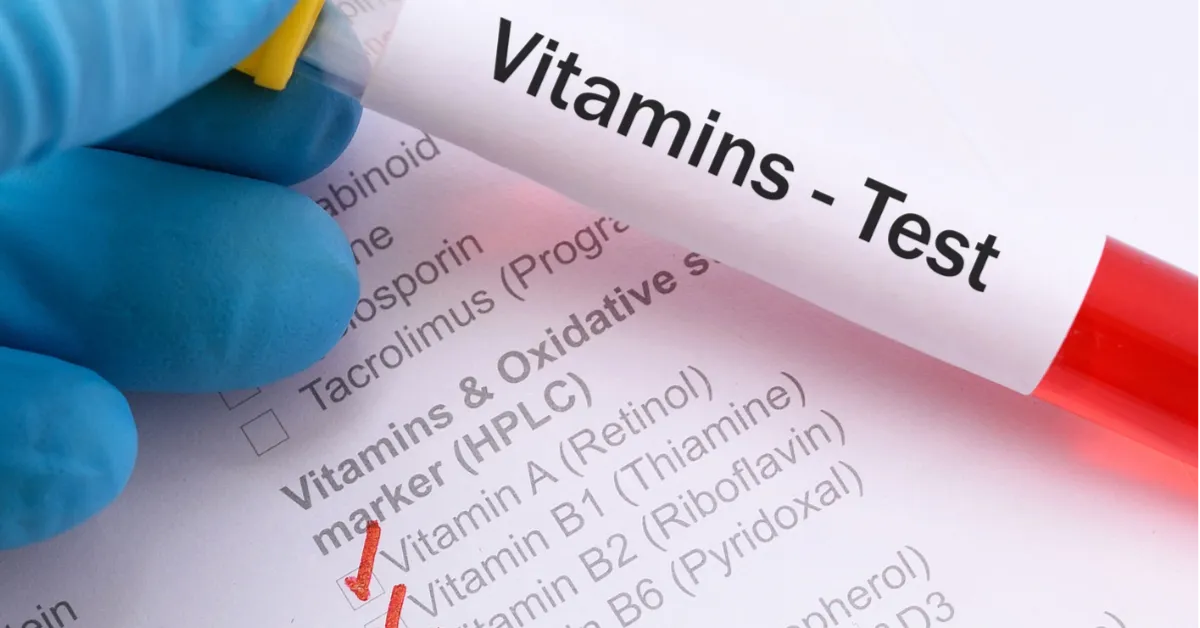EFSA Technical Report on Vitamin C Stability in Juices
The European Food Safety Authority (EFSA) technical report on the stability of vitamin C in juices is a critical document for ensuring compliance with EU regulations and guidance on nutrient content. This report provides a comprehensive overview of the factors that influence the stability of ascorbic acid (vitamin C) during various stages of juice production, processing, and storage.
Vitamin C plays a vital role in human health, contributing to immune function, collagen synthesis, iron absorption, and more. However, it is also highly susceptible to degradation under certain conditions, such as exposure to oxygen, light, heat, and microbial activity. Understanding these factors is essential for maintaining the nutritional quality of juice products.
The EFSA report reviews scientific studies on vitamin C stability in juices and provides recommendations for minimizing loss during processing and storage. This includes best practices for ingredient selection, optimal packaging materials, and appropriate handling procedures to preserve vitamin C content. The report also emphasizes the importance of accurate labeling based on scientifically validated findings.
For quality managers and compliance officers, this technical report serves as a valuable resource in developing robust quality control measures. It helps ensure that products meet regulatory requirements for nutrient content claims while maintaining consumer trust through accurate representation of product attributes.
R&D engineers can utilize the insights provided by the EFSA report to innovate new technologies or processes aimed at enhancing vitamin C retention throughout the manufacturing process. Meanwhile, procurement professionals may find it useful when selecting suppliers who adhere to stringent standards regarding ingredient quality and processing techniques.
Why Choose This Test
- Ensures compliance with EU regulations on nutrient content claims.
- Provides scientific evidence supporting accurate labeling practices.
- Aids in developing effective strategies for maintaining vitamin C levels during juice production and distribution.
- Supports innovation by offering guidance on improving preservation methods through advanced technology.
- Facilitates informed decision-making for quality assurance programs within food manufacturing companies.
- Offers insights into optimal packaging materials and storage conditions to maximize vitamin C retention.
International Acceptance and Recognition
The EFSA technical report on vitamin C stability in juices is widely recognized across Europe as a key reference document for the food industry. Its recommendations are consistent with broader international standards such as ISO, EN, ASTM, and others which focus on food safety and quality.
Compliance with these guidelines not only ensures that your products meet regulatory expectations but also enhances their reputation among consumers who value transparency about nutritional information. By adhering to the principles outlined in this report, manufacturers demonstrate their commitment to delivering high-quality products that are both safe and nutritious.
Use Cases and Application Examples
| Scenario | Description |
|---|---|
| Product Development | Determining the best approach to incorporate vitamin C into juice formulations without compromising other aspects of flavor or texture. |
| Quality Assurance | Evaluating changes in vitamin C content over time as part of regular testing protocols for ongoing quality monitoring. |
| Labeling Compliance | Verifying the accuracy of nutrient content labels to avoid potential legal issues arising from misrepresentation or false advertising. |
| Supply Chain Management | Assessing the impact of different transportation methods on vitamin C stability during distribution processes. |
| Innovation and Process Optimization | Exploring novel packaging solutions designed specifically to protect vitamin C from degradation throughout its shelf life. |





